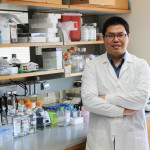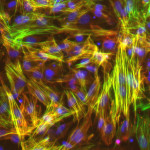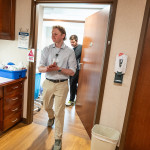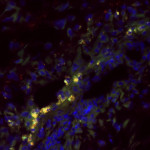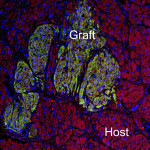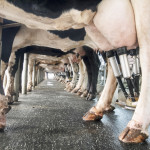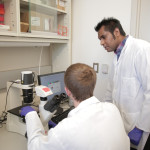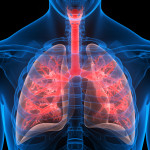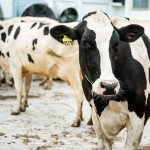Category Health & Wellness
UW professor emeritus who paved the way for at-home colon cancer testing and other screenings earns national recognition
Earlier this month, the Bayh-Dole Coalition awarded James Dahlberg the American Innovator Award, recognizing his commitment to advancing federally funded inventions from the laboratory to real-world applications. Read More
UW researchers develop personalized cancer vaccines that slow tumor recurrence in mice
The approach could theoretically apply to any cancer that tends to recur, such as pancreatic cancer and glioblastoma, the most common and extremely aggressive brain tumor. Read More
UW–Madison researchers find hidden genetic clues upping cardiovascular disease risk
Understanding how the change in the genome increases risk for CAD is a step toward potentially preventing its damaging effects and perhaps one day developing therapeutic strategies to block the risky changes in arteries. Read More
App under development at UW could make it easier, more affordable to ‘age in place’
Using augmented reality, UW–Madison researchers are developing an app to improve the safety and quality of life for older adults who want to age in place. Read More
Medical students celebrate a star-studded Match Day 2025
Each year, on the third Friday in March, medical students nationwide learn where they have been placed for clinical residency training programs for most specialties. This year's Match Day shined a light on "service," with a little sprinkling of awards show-style. Read More
For the love of a pet
The WisCARES veterinary clinic at UW–Madison provides affordable care for animal owners experiencing financial hardship or housing instability. Read More
Dr. Nita Ahuja named dean of UW School of Medicine and Public Health
Ahuja is a cancer-care innovator whose treatment approaches and research have garnered international recognition. She’s also a proven leader and administrator with a track record for bringing multidisciplinary teams together to solve health care challenges. Read More
UW researchers find previously unknown links between microbial bile acids and the risk of colon cancer
A team of UW–Madison scientists have uncovered that bile acids produced by the liver to help digest food may affect our risk for developing colon cancer. Read More
New tool makes quick health, environmental monitoring possible
Vatsan Raman, who has received a provisional patent for this work, sees broad applications for the technology his lab developed, including field tests that identify pollutants in local water sources in minutes and at-home tests that track health indicators. Read More
Research to treat placenta could improve human pregnancies
In humans, placental insufficiency restricts the growth of developing fetuses and typically leads to premature delivery and extended stays in the neonatal intensive care unit. Read More
Gene therapy protects against motor neuron disease in rats
The gene therapy approach allowed the non-mutated gene to be expressed in neurons and better support the transportation of proteins, preventing disease. Read More
UW–Madison researchers find persistent problems with AI-assisted genomic studies
Researchers are increasingly attempting to work around this problem by bridging data gaps with ever more sophisticated AI tools. Read More
Raw milk is risky, but airborne transmission of H5N1 from cow’s milk is inefficient in mammals.
New research suggests that exposure to raw milk infected with the currently circulating virus poses a real risk of infecting humans, but that the virus may not spread very far or quickly to others. Read More
Serendipity reveals new method to fight cancer with T cells
Cells treated with “metabolic priming” retained their stem cell-like qualities, thus enhancing their ability to kill cancer cells, transform into durable memory cells, and survive longer in the body. Read More
UW–Madison leading new research collaboration aimed at treating lung scarring diseases
An interdisciplinary group of researchers will will investigate the biological processes that promote lung scarring. With the aid of artificial intelligence and advanced 3D modeling, they will also develop and refine new imaging techniques and drug delivery systems that could aid in halting its progression. Read More


